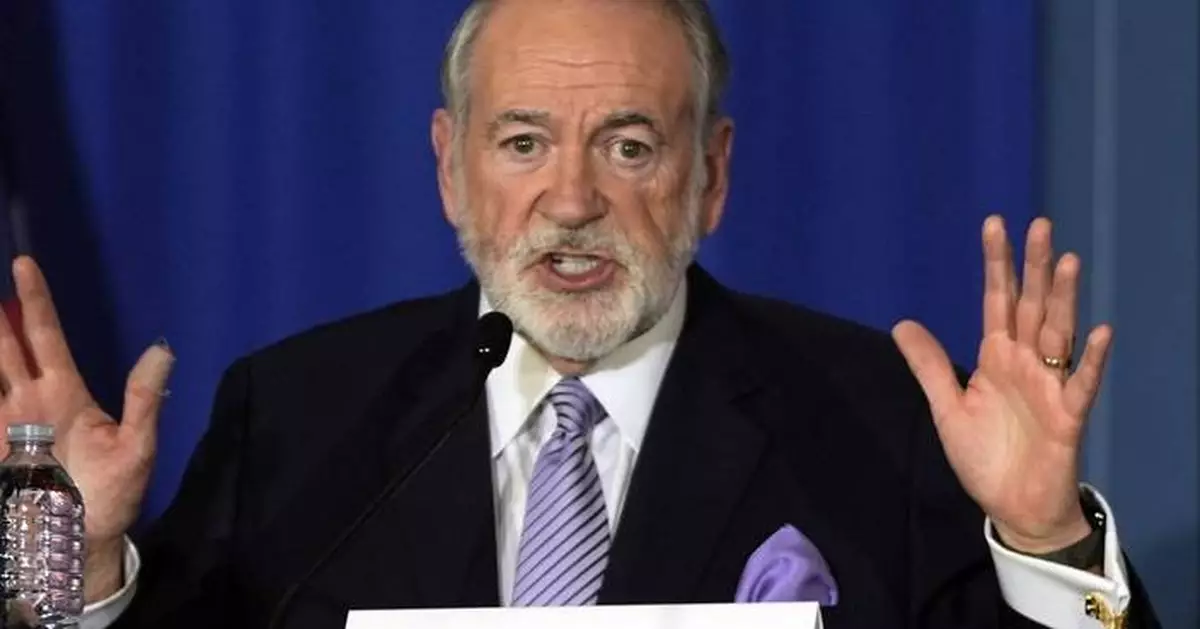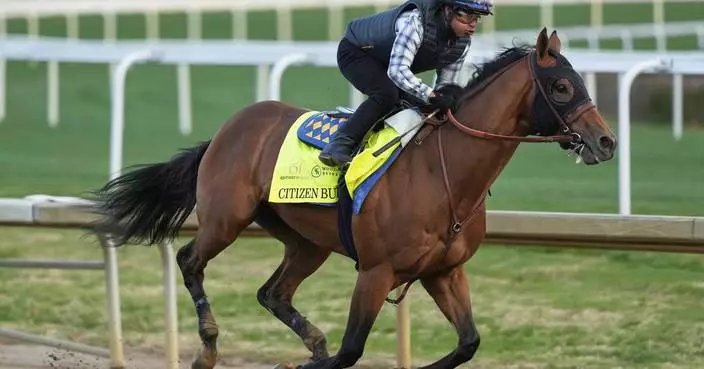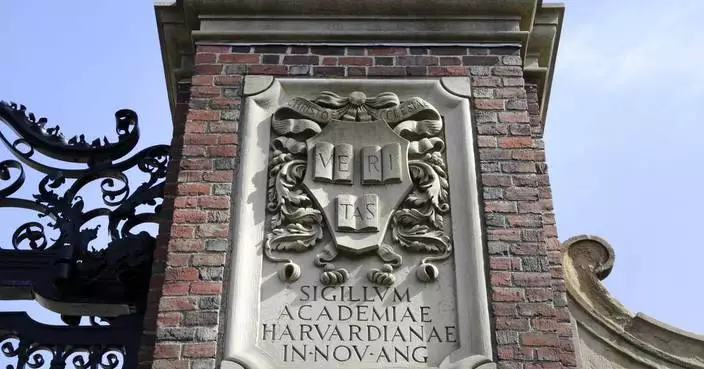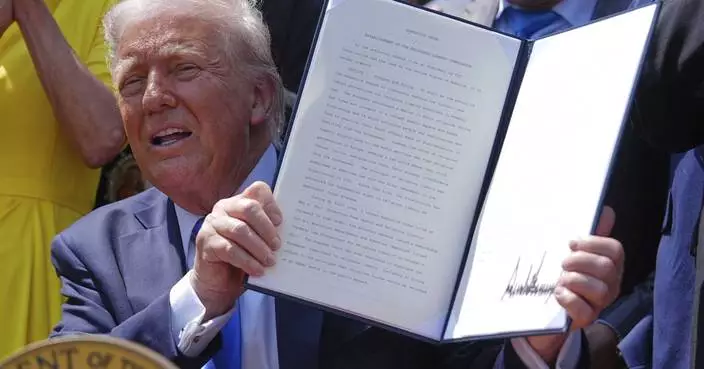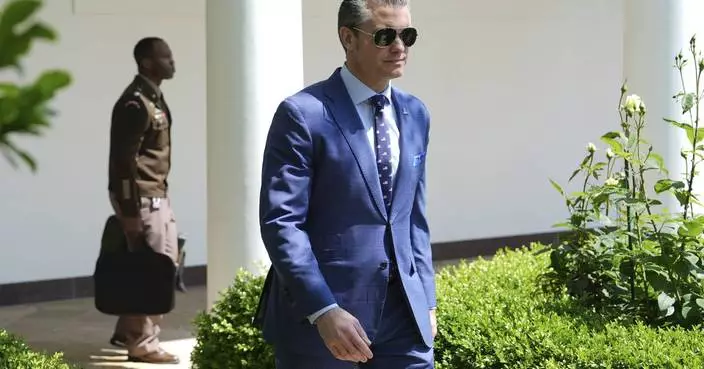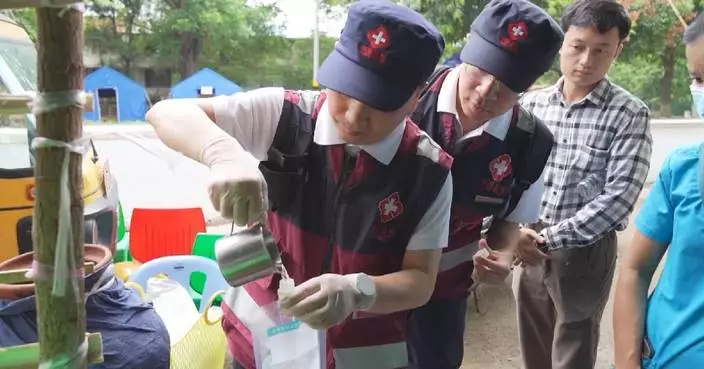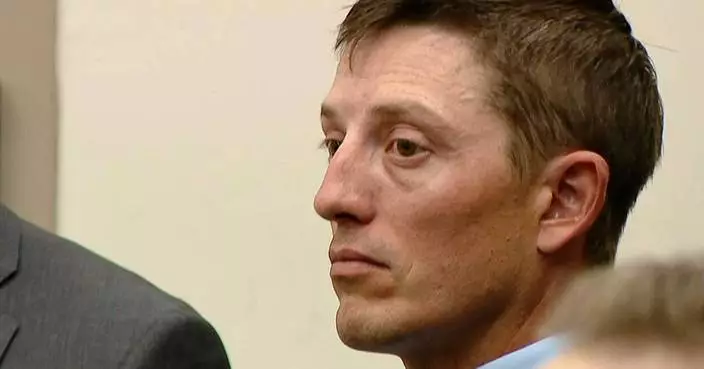WILMINGTON, Del. (AP) — A federal judge in Delaware on Monday dismissed a lawsuit filed by former Arkansas Gov. Mike Huckabee against social media giant Meta over advertisements using his name and image to sell CBD products.
Huckabee, a Baptist minister and President-elect Donald Trump’s nominee to be U.S. ambassador to Israel, claimed Meta allowed and profited from the advertisements that falsely claimed he used and endorsed CBD gummies. CBD, or cannabidiol, is one the main active ingredients in marijuana but does not, by itself, provide the high caused by psychoactive THC.
Meta, the parent company of Facebook and Instagram, argued that it was immune from liability under Section 230 of the Federal Communication Decency Act.
U.S. District Judge Gregory Williams rejected that claim. He concluded, however, that Huckabee, a political commentator and two-time presidential candidate, had failed to allege valid claims for invasion of privacy, unjust enrichment and violation of Arkansas’ Publicity Protection Act.
Williams agreed with Huckabee that, in collecting user data and using algorithms to determine which posts and advertisements appeared at the top of users’ newsfeeds, Meta was an “information content provider” that was not immune from liability for the illegitimate ads.
The judge nevertheless determined that Huckabee failed to demonstrate that Meta knew the ads were fake, or that it was at least aware of facts and circumstances that would give rise to such knowledge. Huckabee’s assertion that Meta approved and maintained the ads with actual malice or reckless disregard for their truthfulness was merely a “mere conclusory statement,” Williams wrote.
“It is not reasonable to infer that Meta entertained serious doubts about the asserted advertisements since Governor Huckabee has publicly denounced marijuana,” the judge wrote. “There is no allegation that Meta was required to conduct ‘due diligence’ on the truth of the asserted advertisements. Even if there was, such requirement would be insufficient to infer malice.”
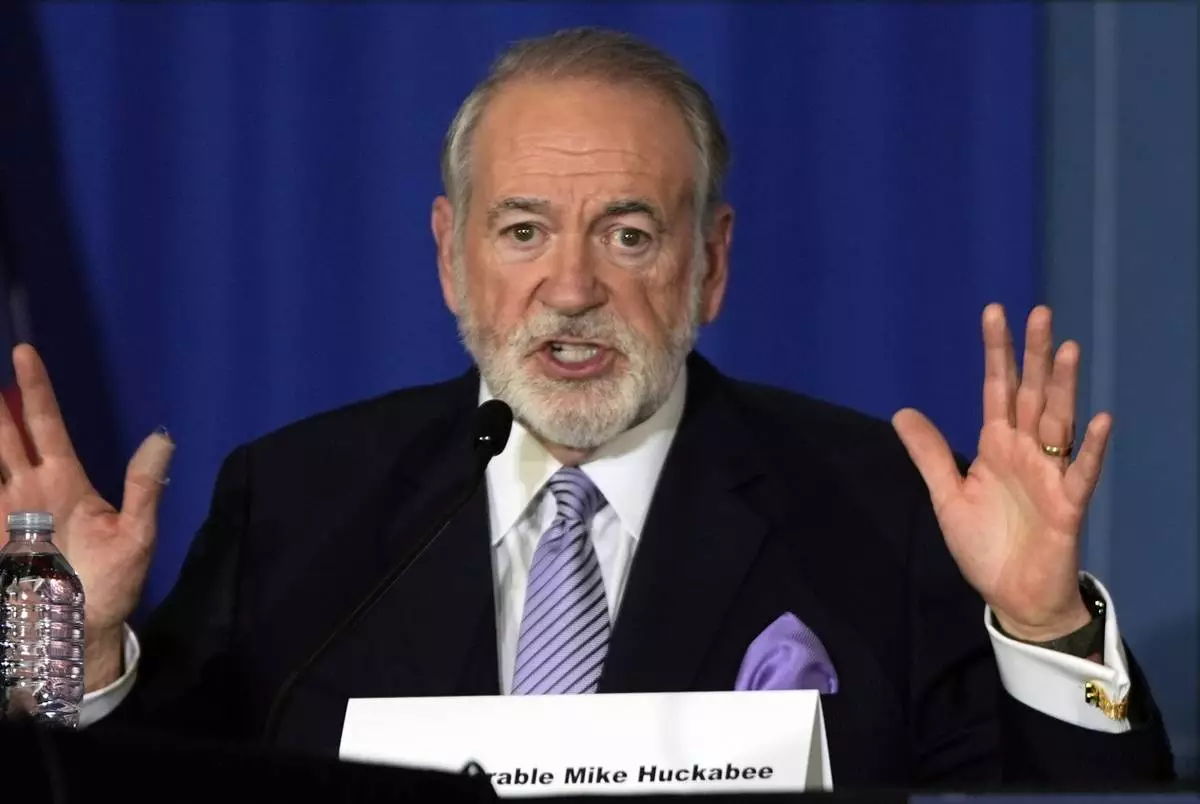
Former Arkansas Gov. Mike Huckabee gestures as a campaign event at the Drexelbrook Catering & Event Center, Oct. 29, 2024, in Drexel Hill, Pa. (AP Photo/Julia Demaree Nikhinson)
JOLIET, Ill. (AP) — An Illinois landlord who murdered a 6-year-old Muslim boy and severely injured the boy’s mother in a vicious hate-crime attack days after the war in Gaza began was sentenced Friday to 53 years in prison.
Joseph Czuba, 73, was found guilty in February of murder, attempted murder and hate-crime charges in the death of Wadee Alfayoumi and the wounding of his mother, Hanan Shaheen.
Czuba targeted them in October 2023 because of their Islamic faith and as a response to the war between Israel and Hamas.
Evidence at trial included harrowing testimony from Shaheen and her frantic 911 call, along with bloody crime scene photos and police video. Jurors deliberated less than 90 minutes before handing in a verdict.
The family had been renting rooms in Czuba’s home in Plainfield, about 40 miles (64 kilometers) from Chicago when the attack happened.
Central to prosecutors' case was harrowing testimony from the boy’s mother, who said Czuba attacked her before moving on to her son, insisting they had to leave because they were Muslim. Prosecutors also played the 911 call and showed police footage. Czuba's wife, Mary, whom he has since divorced, also testified for the prosecution, saying he had become agitated about the Israel-Hamas war, which had erupted days earlier.
Police said Czuba pulled a knife from a holder on a belt and stabbed the boy 26 times, leaving the knife in the child's body. Some of the bloody crime scene photos were so explicit that the judge agreed to turn television screens showing them away from the audience, which included Wadee's relatives.
“He could not escape,” Michael Fitzgerald, a Will County assistant state’s attorney, told jurors at trial. “If it wasn’t enough that this defendant killed that little boy, he left the knife in the little boy’s body.”
The jury deliberated for 90 minutes before returning a verdict. Czuba is eligible for a minimum prison sentence of 20 to 60 years or life, according to the Will County state's attorney's office.
Prosecutors declined to comment ahead of Friday's hearing and have not said what sentence they will seek. Illinois does not have the death penalty.
The attack renewed fears of anti-Muslim discrimination and hit particularly hard in Plainfield and surrounding suburbs, which have a large and established Palestinian community. Wadee's funeral drew large crowds and Plainfield officials have dedicated a park playground in his honor.
Czuba did not speak during the trial. His defense attorneys argued that there were holes in the case. His public defender, George Lenard, has not addressed reporters and declined comment ahead of the sentencing.
Shaheen had more than a dozen stab wounds and it took her weeks to recover.
She said there were no prior issues in the two years she rented from the Czubas, even sharing a kitchen and a living room.
Then after the start of the war, Czuba told her that they had to move out because Muslims were not welcome. He later confronted Shaheen and attacked her, holding her down, stabbing her and trying to break her teeth.
“He told me ‘You, as a Muslim, must die,’” said Shaheen, who testified in English and Arabic though a translator.
Police testified that officers found Czuba outside the house, sitting on the ground with blood on his body and hands.
Separately, lawsuits have been filed over the boy’s death, including by his father, Odai Alfayoumi, who is divorced from Shaheen and was not living with them. The U.S. Department of Justice also launched a federal hate crimes investigation.
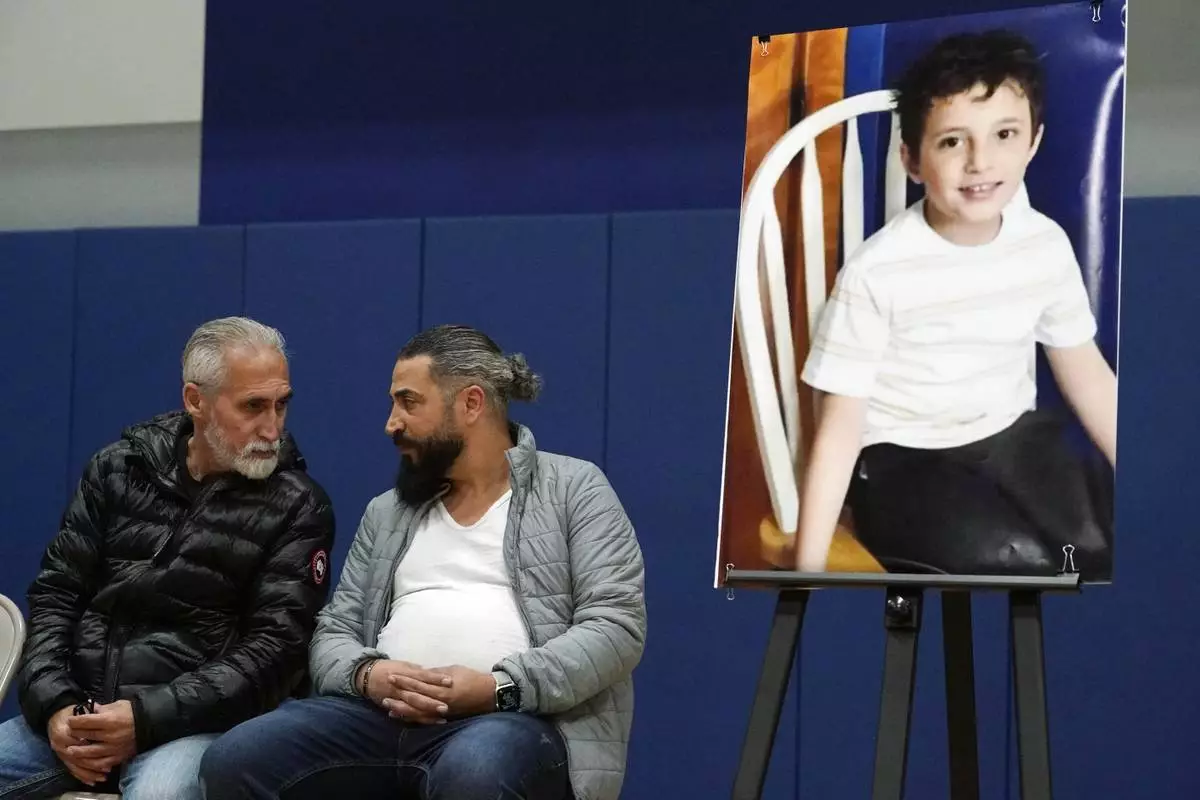
FILE - Wadee Alfayoumi's father, Oday Al Fayoume, seated right, and his uncle Mahmoud Yousef attend a vigil for Wadee at Prairie Activity and Recreation center in Plainfield, Ill., Oct. 17, 2023. (AP Photo/Nam Y. Huh, File)
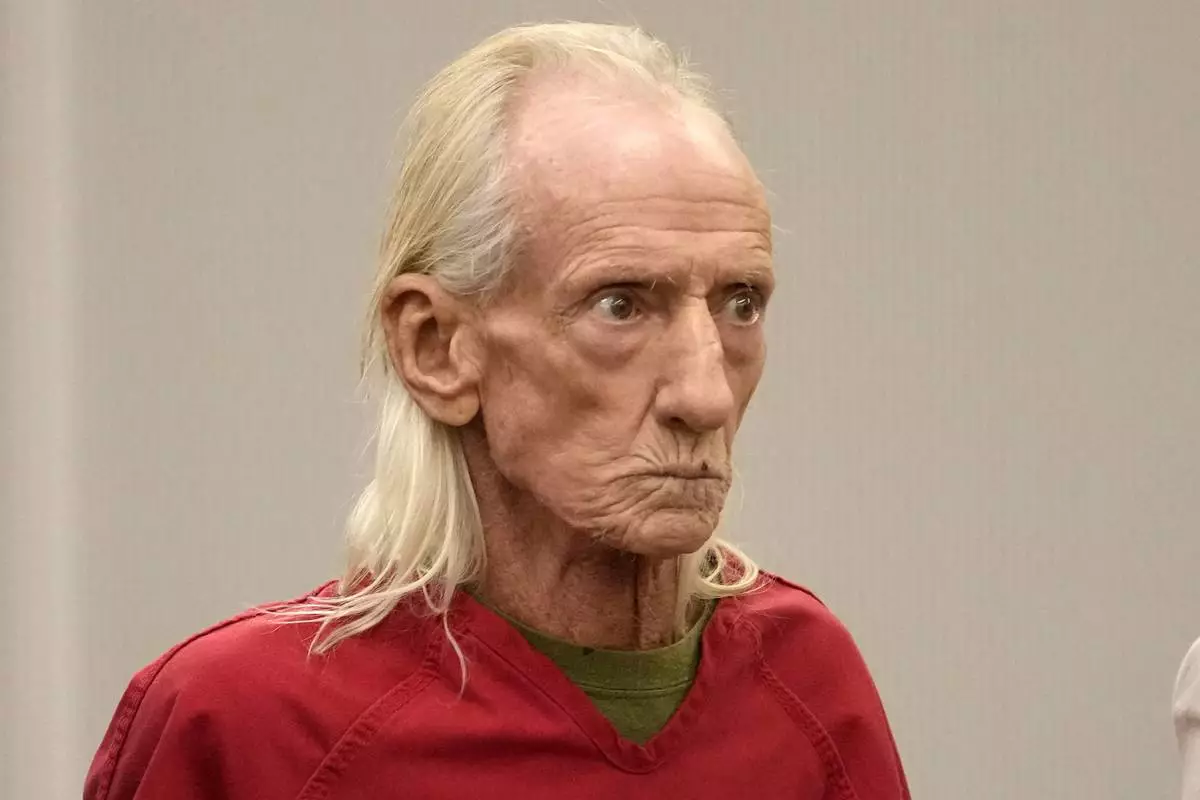
FILE - Joseph Czuba, 71, stands before Circuit Judge Dave Carlson for his arraignment at the Will County, Ill., courthouse, Oct. 30, 2023, in Joliet, Ill. (AP Photo/Charles Rex Arbogast, File)



